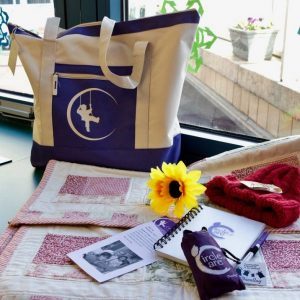

Did you know that September is Childhood Cancer Awareness Month? Our latest Giving Program donation recipient is Circle of Care, an organization that supports families coping with childhood cancer. We teared up reading their origin story and were amazed by their generosity—it was founded in 2003 by moms who met during their own children’s battle with pediatric cancer.
We hope our interview with Circle of Care President Liz Salguero not only highlights this wonderful organization, but also sheds light on hardships families face when navigating a child’s illness, including isolation, financial stress, and even PTSD.
What was the impetus for Circle of Care?
“Through all the laughter and tears during the years of treatment our children endured, we knew we had to give back.”
Circle of Care was founded in 2003 by moms who met during their children’s own battle with pediatric cancer. We looked to each other for support, information, and a sense of belonging.
We shared our stories and tips for how to cope.
We began with Bags of Love, our day-of-diagnosis care package, and have since expanded to offer five programs throughout Connecticut. We provide the kind of care to newly diagnosed families that only another parent who has been through this experience can give.”
How do you impact the community?
When a child is diagnosed with cancer, the news is devastating and everything changes in an instant. Immediate hospitalization is often required, far from home, family and friends with no time to pack or plan. Most initial stays are weeks long. It seems there are more questions than available answers.
Faced with the unimaginable, families commonly feel afraid, guilty, angry, powerless yet still hopeful. Sudden immersion into hospital life and learning a whole new vocabulary while keeping up with blood counts, protocols, the merits of clinical trials, necessary scans, impending surgeries and side effects of radiation and chemotherapy drugs is overwhelming.
Our mission is simple.
Until no family has to hear the words, ‘your child has cancer,’ Circle of Care will be there to support, guide, and provide inspiration to move forward—wherever the journey leads. Over the past 16 years we have helped more than 2,800 families, through our Bags of Love, Art from the Heart Room Makeovers, and over $1.4 million in financial assistance. We provide personal emotional and financial support to these families, so they know they are not alone on this journey.”
What might families coping with childhood cancer need or want?
Loss of work is the biggest challenge these families face. During the first year of treatment, one parent has to stop working to care for their child. This loss of income coupled with increasingly higher medical deductibles and co-pays put families at financial risk. We work to ensure no family has to choose between paying their doctor and putting food on the table.
Isolation is the second biggest challenge. Treatment is long and hard and often children are immune-compromised, so they are cut off from family and friends and can’t attend school or regular activities.
Can you provide a story of a lasting impact your organization had?
Megan and Steven’s only daughter, Cassidy, was diagnosed with ALL in October of 2015. Cassidy was just three years old. Discovering that your child has cancer is bad enough, but when the family realized that her life-saving treatment could bankrupt them, they were faced with an even more startling reality. Just four months after Cassidy was diagnosed, they came to Circle of Care for assistance with their mortgage, as they had already gone through most of their savings.
Here, Megan shares her experience.
In her own words…
“When presented with devastating, life-changing news, that your child has cancer, the last thing you expect to worry about is the financial impact (especially when you think you have a high-end, “Cadillac” insurance plan). We heard about the hidden costs that come with a cancer diagnosis and treatment, but never expected them to have such an impact on our family’s ability to maintain our financial security. When our daughter was diagnosed, we spent eleven days in the hospital. Around day 5, we thought to ask the doctors about insurance, and they assured us that all treatment and medicines would be ‘covered.’
When we can home from the hospital, we came home to a $650 bill for our hospital stay (our co-pay), which was our first indicator that our ‘covered’ treatment was going to be an additional hardship. As we entered into various treatment phases, we were faced with bills greater than $2,000 a month, depending on the treatments necessary.
While we have a good income, we are paying a mortgage and many large student loans. We don’t have much in our savings. Because of our income level, we found that we did not qualify for many of the co-pay assistance programs or any kind of supplemental insurance programs for our daughter that would lessen the financial burden.
All of this adds an unnecessary level of anxiety to an already overwhelming situation. The last thing you want to focus on is how we are going to pay our medical bills on top of our regular monthly expenses.
The financial assistance from Circle of Care allowed us to put our focus where it needed to be, on our daughter’s treatment and healing. In addition to the financial support, we were contacted very early on by Liz Salguero, offering the insight and emotional support of someone who has been in our situation. The fact that Circle of Care board members have been through this and reach out to families had the most lasting impact. Because of this, Circle of Care offered a level of support that no other organization was able to provide.
It is really hard for people to ask for help. Asking friends and family for money is difficult and embarrassing. We never, ever pictured ourselves in that situation (even after our diagnosis).
“Responsible people with good jobs, good insurance, and good financial standing can be wiped out financially when faced with a cancer diagnosis.”
The emotional support and connection to the community are just as important (if not more) as the financial support. The bag that we received in the hospital from Circle of Care following our diagnosis was, and continues to be, an incredible and invaluable resource as we navigate this journey to recovery.
Before Cassidy was diagnosed, we didn’t appreciate the significant hidden costs that come with this life-changing diagnosis. The fact that there are people who are willing to give to strangers heartens and humbles us and welcome us into a community of care that we are grateful to be a part of and look forward to giving back to.”
How can more people help your organization?
Follow us on social media and share our story with your circle. You never know who might need our help in the future. Consider making a gift to Circle of Care–fundraising is increasingly difficult and without funds we are unable to meet the needs of these families.
How can people help families coping with pediatric cancer?
Be present. Listen, let them talk and share their hopes and fears and keep in touch. Don’t ask them what they need because they can’t tell you. Mow the lawn, bring dinner, offer to car-pool with the siblings for after school activities.
What does the typical day at Circle of Care look like for
volunteers?
We have so many different volunteer opportunities, that it is hard to answer. We have a very active volunteer board of directors and four different standing volunteer committees that support the two part-time staff that we have. We have seven Art from the Heart Teams who do room makeovers for us twice a year and many volunteers who help out at events.
Anything you would like to add?
We are so grateful for the support of Brown Paper Tickets and the opportunity to share our story. No child should get cancer and certainly no family should have to face this alone.
Good Causes >




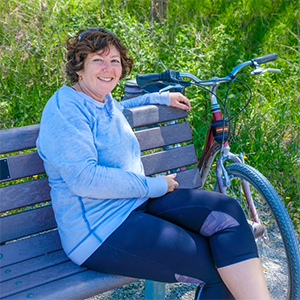


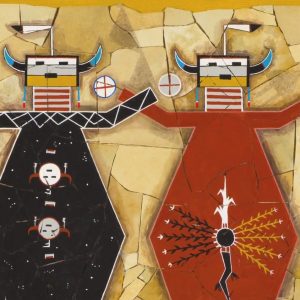
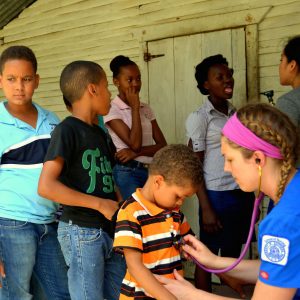
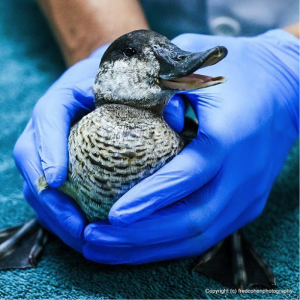
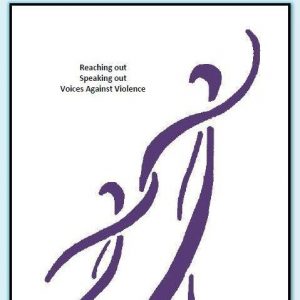
 Arts
Arts Comedy
Comedy Event Tips
Event Tips Film
Film Food & Drink
Food & Drink Good Causes
Good Causes Music
Music News
News Radio
Radio Roller Derby
Roller Derby